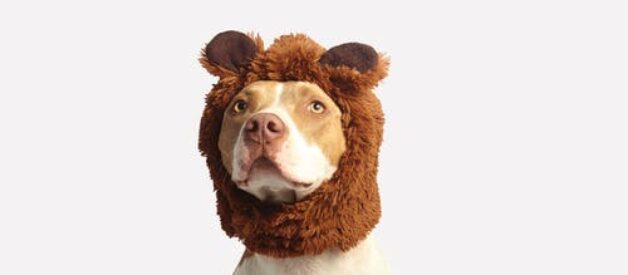Aging is an inevitable aspect of life, and all pets eventually become seniors. The minimum age for a pet to be considered a senior pet varies. It is entirely dependent on the individual pet. Senior dogs are considered to be seven years old, whereas senior cats are eleven to fourteen years old. However, it’s worth noting that larger dogs mature more quickly than smaller dogs. As a result, a six-year-old Great Dane is considered a senior, whereas a Chihuahua is deemed middle-aged at the same age. Consider some elderly pet care suggestions.
Senior Pet Care Tips
Senior animals require additional attention compared to younger animals. As pets age, their mobility decreases. They are more prone to illness and hearing and vision loss. However, mature cats and dogs can be healthy and happy. On this page are five critical senior pet care suggestions to ensure the happiness of your feline or canine companions as they age. They are completely deserving.
Schedule frequent consultations with a vet.
Regular veterinarian visits are necessary for all pets but become even more necessary and frequent as they age. As with senior citizens, pets age and become more prone to certain diseases. We recommend that you have your elderly dog or cat examined by a veterinarian at least twice a year. During these appointments, the doctor will perform dental work, exams, dog or cat vaccinations, and blood work to establish a baseline of health. This permits the detection and treatment of diseases in their earliest stages.
Keep an eye on your pet’s diet.
Adult cats and dogs frequently deal with dietary issues such as lethargy, gnawing, and obesity. Additionally, individuals consume fewer calories when their activity decreases. You must change your pet’s nutrition to maintain a healthy lean muscle mass and proper weight. Maintaining a healthy immune system requires a close eye on their nutrition. Overweight pets are more prone to illness and joint problems as they age. If your four-legged friend is experiencing joint pain, glucosamine or fish oil pills may be beneficial.
Provide consistent exercise.
As your pet ages, exercise becomes even more critical. Your pet may have lost the ability to chase the frisbee or leap as high as it once did. On the other hand, exercise continues to be vital for their health. Gentle exercise on a regular basis helps keep your pet’s muscles strong and supple. Exercise increases appetite promotes joint health, reduces obesity, and enhances mood.
Additionally, it will aid in the alleviation of boredom and worry. Stimulating games such as food puzzles, car rides, playing with toys, taking a stroll, or engaging in backyard activities can all help keep your furry buddy sharp. It is vital to maintain equilibrium. Consult your veterinarian and if you still don’t have one in your area, you can find one on this “visit them here” page for advice on an exercise program that is suitable for your pet’s health and limitations.
Maintain good oral health
As your pet ages, paying increased attention to dental and oral care is vital. Chewing may become difficult due to tooth loss and the associated pain associated with oral and dental diseases. Dental problems can be prevented if your pet’s teeth are brushed routinely. If your pet refuses to brush, offer dental treats or toys as an alternative. Additionally, schedule regular dental cleanings for your pet with a veterinarian.
Conclusion
As your dog ages, its requirements will inevitably vary. Please pay awareness to what they say and provide them with the affection they deserve. The most effective way to cherish your dog’s senior years is to spend quality time with them and to express gratitude for each moment of their life.


